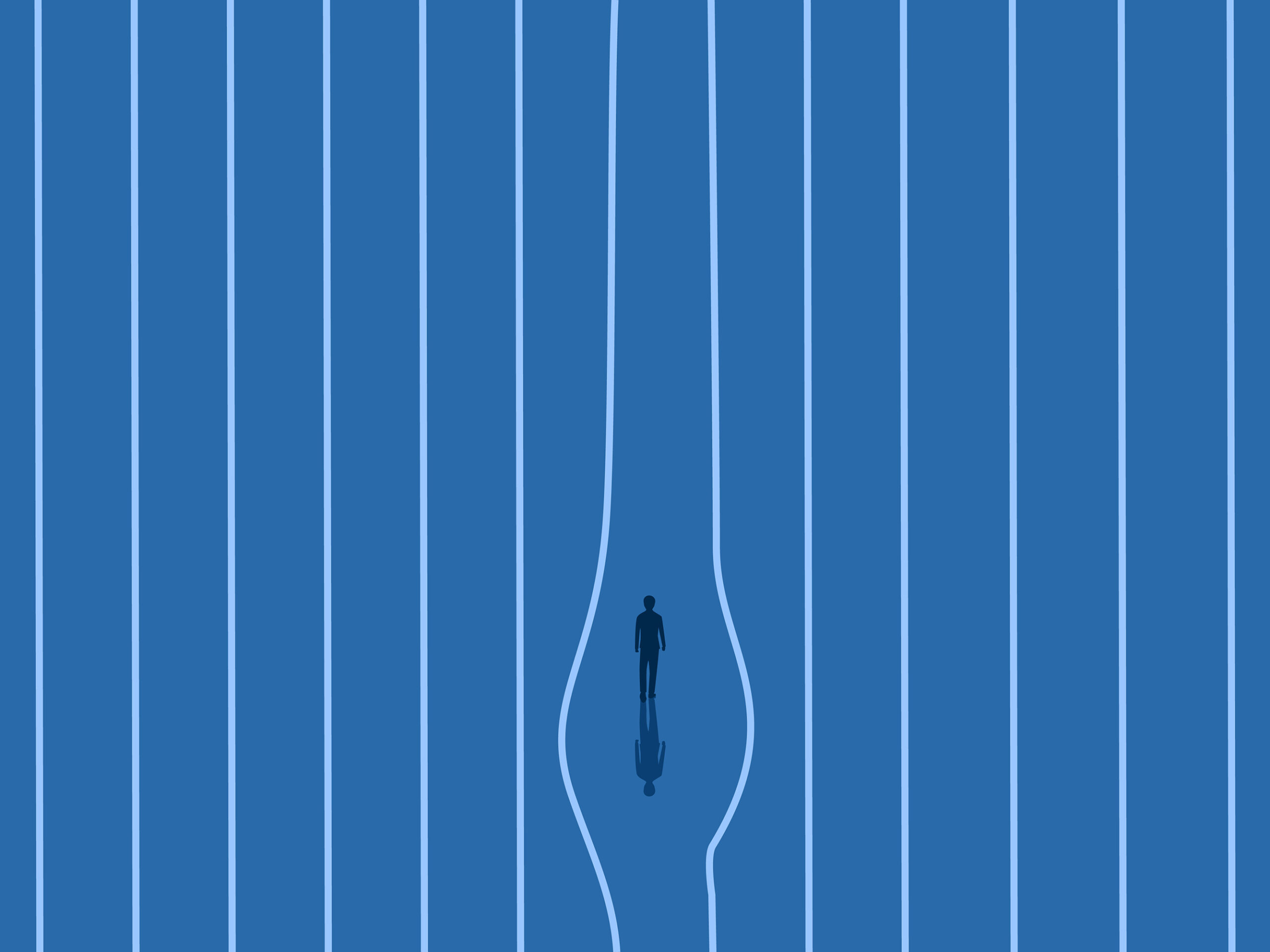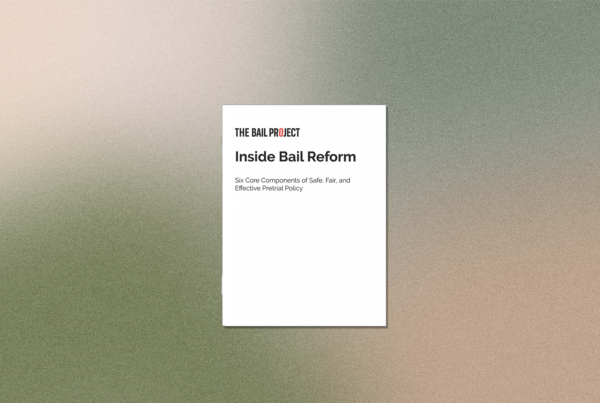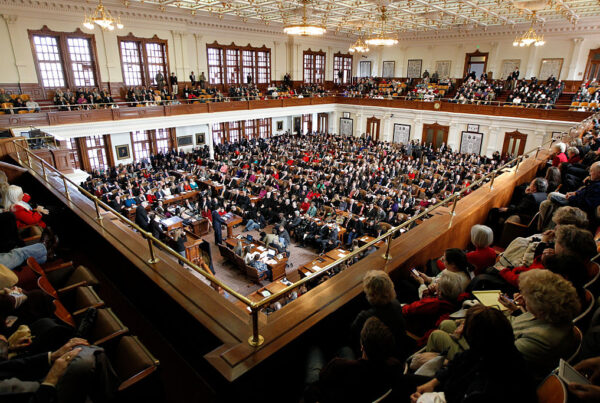Politicians are once again using fear of crime and mental illness to attack bail reform. But the real crisis isn’t reform – it’s that jails have quietly become America’s largest mental health institutions.
At The Bail Project, we see this crisis every day: people in psychiatric distress are arrested instead of helped, locked in cells instead of treated, and often leave in worse condition – if they make it out at all.
Our new explainer, “Jail Is Not Mental Health Care,” lays out how communities can replace punishment with care, and why it’s urgent to act now.
Here’s what we know:
- Mental illness is not a crime. Yet more than 40% of people in local jails report a history of mental illness, compared to just 3–6% of the general population.
- Cash bail makes the crisis worse. Many people with serious mental illness are jailed simply because they can’t afford bail, prolonging detention, worsening symptoms, and cutting them off from care.
- Jail is dangerous. Suicide is one of the leading causes of death in jails, often within days of admission. Even short jail stays sever people from jobs, housing, and treatment.
- Alternatives work. Crisis response teams, mental health courts, diversion hubs, and peer-run programs are already proving safer, more humane, and more effective.
People in crisis need care, not cages. As national leaders debate bail reform, it’s critical we focus on the real solutions: community-based systems of care that treat people with dignity and deliver lasting safety.
Thank you for reading. The Bail Project is a 501(c)(3) nonprofit organization that is only able to provide direct services and sustain systems change work through donations from people like you. If you found value in this article, please consider supporting our work today.











